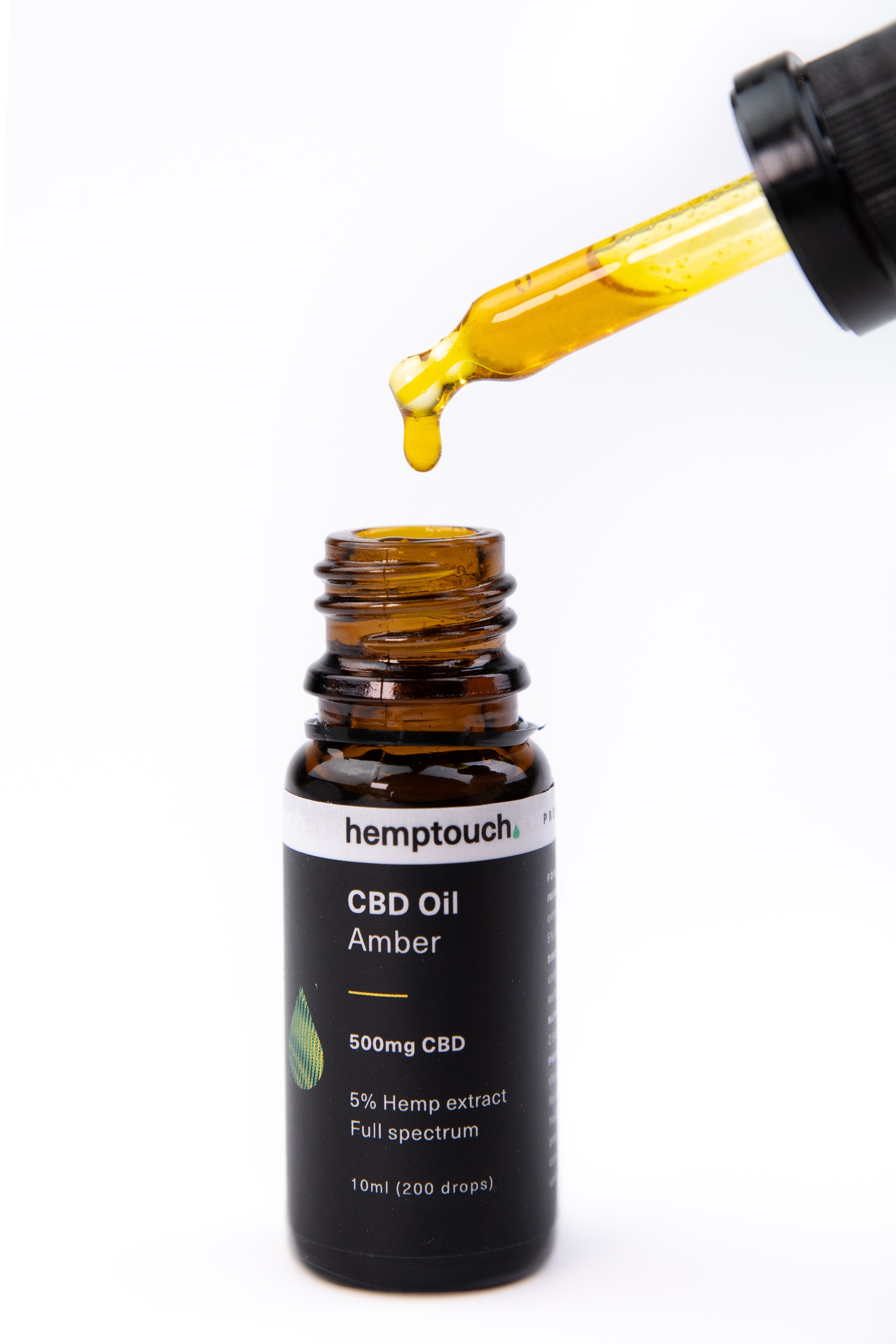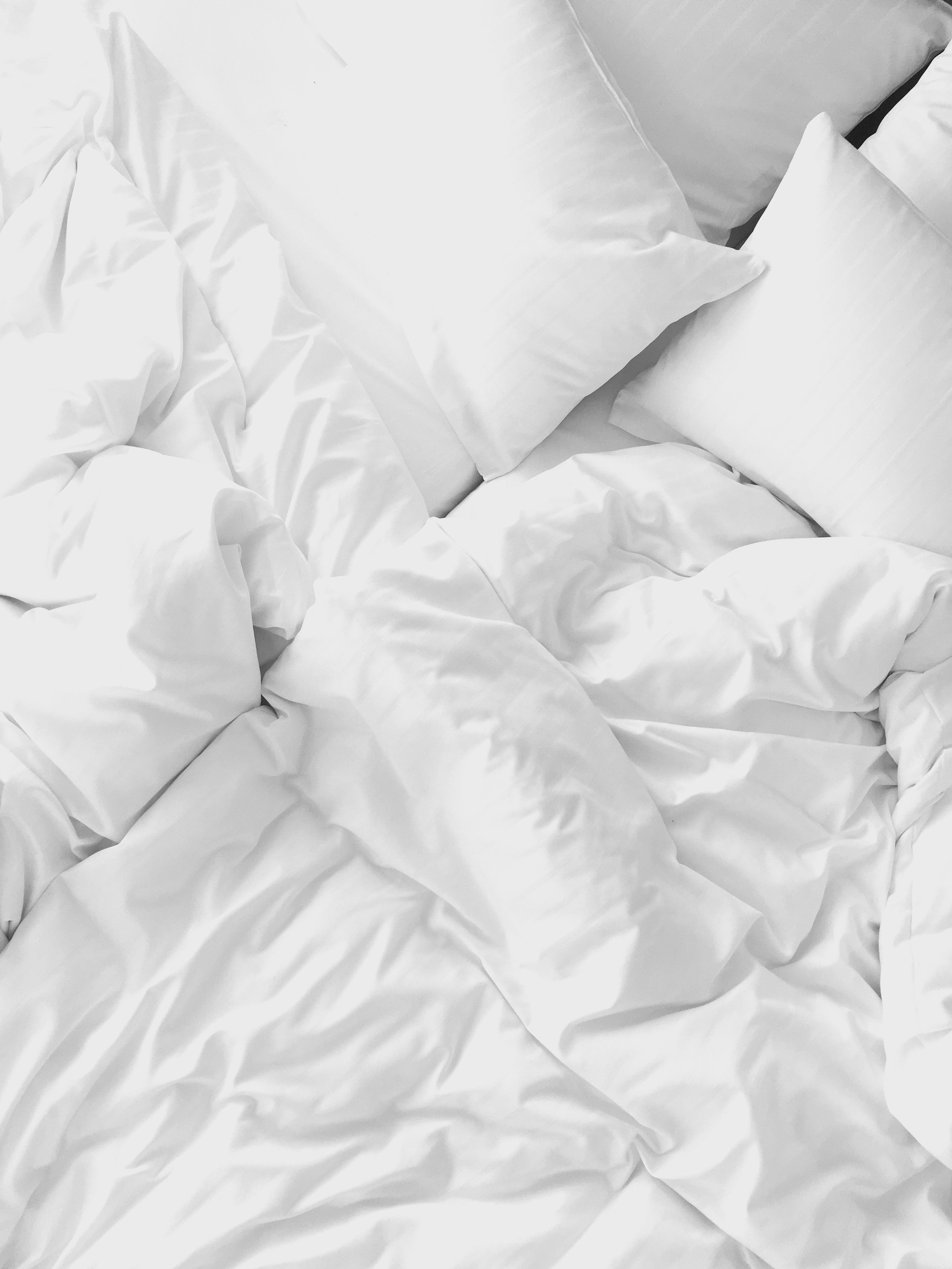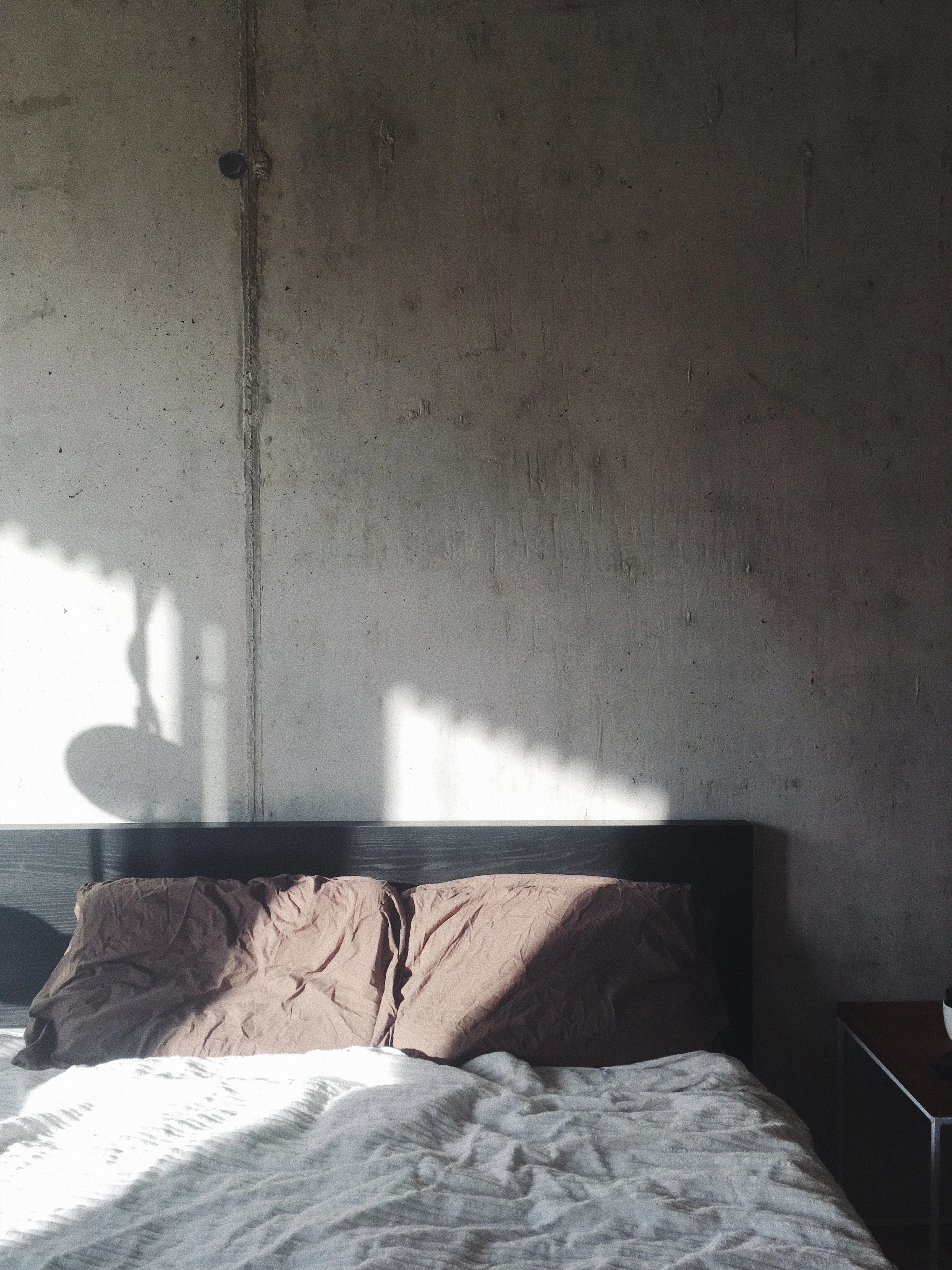Getting better sleep is a concern for many Americans. A study by the CDC in 2008 found that at least 50 million Americans have problems with a sleep or wake disorder. CBD products have become a popular new tool for a variety of ailments, including sleep problems. In this post, we will explore how CBD might help with sleep, and what research there is about how well CBD works and what the risks or side effects are.
Words: William Horton
Image: Kinga Cichewicz on Unsplash
Does CBD Work?
CBD is an abbreviation of cannabidiol. It's a substance found in the hemp plant, but it isn't the same as THC, which is what gives marijuana its narcotic properties. That is why CBD has grown in popularity- it isn't illegal like THC, but it offers new opportunities for medical remedies for many illnesses.
The biggest obstacle to determining how well CBD can work for sleep problems is the limited research. This is partly due to the hazy legal status of CBD. CBD derived from the hemp plant is now legal in all 50 states, but if it is derived from marijuana, it may not be, depending on the state. The products, essences, and oils that contain CBD are generally legal to use, but not always legal to make. All of this has meant that CBD is hard to research. Labs and universities have trouble obtaining CBD in useful quantities and getting approval to test its properties.
The limited research that does exist on CBD's effectiveness for sleep is weakly positive. A literature review in Current Psychiatry Reports examined several studies. Some showed that CBD was useful for certain sleep disorders, but the evidence was mixed. Sleep problems are quite varied in their impact and in how people experience them. That is part of why CBD has mixed effectiveness. Some sleep disorders are psychological, while others are neurological, physical, or have unknown causes.
CBD is useful for reducing anxiety, so sleep delays due to racing thoughts and anxious feelings at night might be alleviated with CBD use. There is also some evidence that CBD may work to reduce pain. CBD's linkage to the brain chemistry of sleep itself is less clear.
Potential Side Effects
Image: Benjamin Combs on Unsplash
Unlike THC, CBD does not cause a high, create hallucinations, or induce other psychoactive effects. It is that very absence of obvious impact that makes CBD hard to study. There is no dramatic and major effect of consuming CBD that can be tested or researched.
This adds up to mean that taking CBD is a personal choice that involves some uncertainty. The risks and side effects of long-term CBD use are not known. Likewise, the proper timing and dosage for CBD remedies for sleep have no precedent, at least not yet.
If you are pregnant or are concerned about any particular impact from CBD, then consider an alternative sleep aid. It is a good idea to notify your doctor about your use if you do decide to take it so that they are in the loop. It is unlikely that you will experience any significant major problems because so far there is no evidence for those, but your doctor can give you advice and check in with your about what the CBD is doing.
Using CBD for Sleep
Image: Sylvie Tittel on Unsplash
If you are interested in trying CBD, first think about what sleep problems you may be experiencing and what solutions you have tried. For example, if you have already seen your doctor and talked about potential solutions, then you should know a little bit about potential causes. If you haven't talked to a doctor, then you should consider if they can at least help you narrow down some possibilities if they can't help right away.
When you decide that CBD is worth trying, start with a small dose in a comfortable medium. Since you don't know precisely how you will react and the evidence is inconsistent, starting small lets you test out what the effect is. Track the quality of your sleep and approach it scientifically.
The weight of research points at CBD being something that is unlikely to do harm and may help you with sleep. It is well worth your time if sleep problems are a concern for you and traditional medicine hasn't helped.




